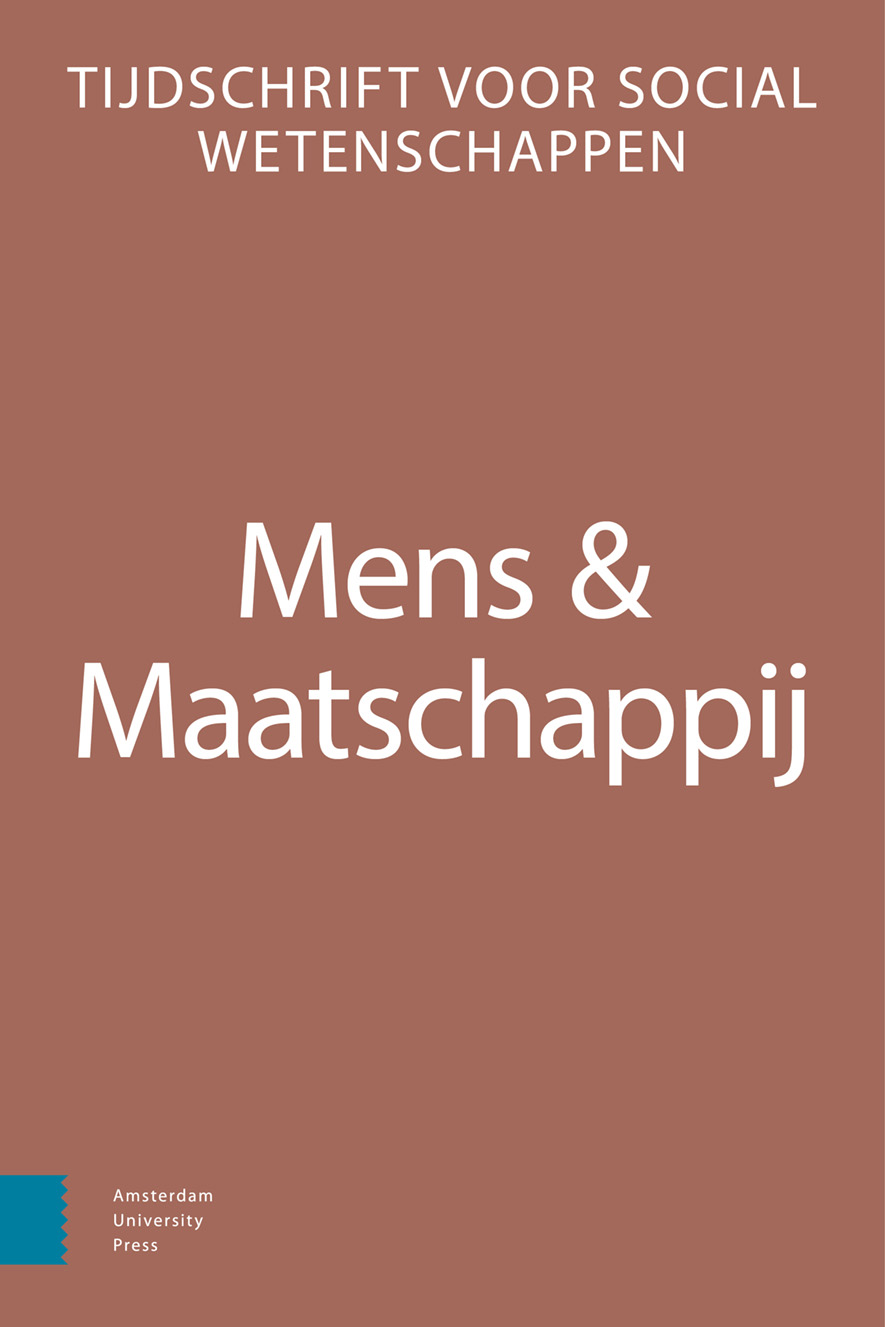-
oa Is er leven na de babyboomers?
Kerk en geloof in de afgelopen decennia
- Amsterdam University Press
- Source: Mens & Maatschappij, Volume 94, Issue 4, Nov 2019, p. 399 - 428
-
- 01 Nov 2019
Abstract
In this article, we study trends in secularization and spiritualization in the Netherlands in the period 1981-2017. Using data from the European Values Study, we first show that traditional religiosity is on the decline: the level of church membership, church visits, and trust in the church decreased as well as traditional religious beliefs such as belief in a personal god. The cohorts born between 1940 and 1960 (the babyboom generation) triggered this change, which seems to come to a stop in the most recent cohorts. With respect to less traditional religiosity, we find that belief in some sort of spirit or life force and belief in re-incarnation increased in the last decades. This mainly is a (temporary) cohort effect, which we only observe in the Netherlands, and not in Germany, Denmark, France and Great Britain: the Dutch babyboom generation seemed to be attracted to New Age beliefs around the turn of the century. The youngest cohorts (the Millenials) on the other hand do not show high levels of spiritual beliefs. This implies that the youngest cohorts are more similar to their ‘grandparents’ than to their ‘parents’ when it comes to religion and spirituality. Future research will have to show whether the exceptional position of the youngest cohorts marks a rebound in religiosity.


